Collective Responsibility
Amongst the challenges of 2020 living, so too exist opportunities. What a gift, to pause and reconsider. As I reflect upon priorities, I think about the health and well-being of front-line pandemic warriors, the citizens of the world, and all of life on this planet. I think about the need to better invest in education and sciences, and how to deeply appreciate and preserve nature. I think about how people, across the globe, are renegotiating work-life balance. I think about the necessity to build and reorganize companies around sustainability and equal opportunity. I think about advocating for policy reform that corrects systemic oppression of marginalized populations. Finally, I think about our connection to one another and to all living things. I am hopeful that during this time of unprecedented stillness, there continues to be an awakening to our interconnected nature. I am hopeful that we will rebuild a more sustainable and just world. How hope translates into action is up to each of us, and the collective us.
As I continue to adjust to post-pandemic life, I become increasingly acquainted with how my personal emotional experience fits into the collective human experience. What seems to be most significant, is a palpable sense of collective grief and fear. To tune-in to the suffering is overwhelming at times, as acknowledgment is often a predecessor of action. The responsibility of advocating for change and rebuilding life, after such profound loss, feels daunting. Given the hectic lifestyle that defined so many of our lives, it feels tempting to remain, inundated, distracted, and disconnected. However, if individually we do nothing, then collectively we fail.
While the pandemic of 2020 has reinforced the notion that all humans are interconnected, this is no novel theory in history or nature. Swiss psychiatrist, Carl Jung, theorized that humans are connected through the collective unconscious, as evidenced by documents of archetypal figures dating back to the beginning of time. Jung believed that we enter the world equipped with information shared by the collective experience of our ancestors. In other words, embedded deep within our subconscious mind, exists the knowledge of every human.
Psychology is the study of the human mind and behavior. However, it’s important to consider that collective interconnectedness extends beyond human existence. Many tribal and indigenous societies believe that all living creatures are interconnected and exist in a symbiotic relationship. Further, many spiritually communities believe that what any one individual thinks, says, and does, affects all of humanity and every inhabitant of Earth. Essentially, every time we directly or indirectly harm another creature, we harm ourselves and the future of our existence.
What we can learn about interconnectedness in nature is endless. One sweet place to start is with bees. Bee colony societies are structured by members that are both interconnected, and like us social. Each member plays an integral part in maintaining the life of the whole, and each group of the whole functions to serve a specific task. Remarkably, the queen of the bee colony emits pheromones which serve as the social glue to the identity of the hive. Could bee hive identity be analogous to the human collective unconscious?
When I pause to consider the state of the earth, I hear a planet and its inhabitants in distress. Perhaps we should reconsider the hum of the worker bees fruitlessly trying to build, nourish, clean, heal, and cool the hive. It’s time to lean into the collective grief and take responsibility. Let’s find creative ways to rebuild societies using sustainable resources and practices. Let’s encourage creative expression of advocacy for change. Let’s pay attention to the voices rising in the streets, demanding equality. Let’s learn from the awakened, the enlightened, the spiritual warriors, the healers, the advocates, the vegans, the recyclers, the environmentalists, the educators, the scientists, the artists, and the innovators. Let’s collectively take responsibility to honor one another and our queen, Mother Earth. If we are connected enough to propagate disease throughout the entire globe, then surely we can unite in our love of Mother Earth, to heal humanity and our home.
I am hopeful that if we heed the warnings, recognize the opportunities, and tune into collective health and well-being, our subconscious thoughts will shift, our daily actions will follow suit, and so too will policy and macro-level systems that will ultimately redefine our collective future on this planet.
References
Cisneros, A. (2020). A Message of Indigenous Wisdom. Tribal Trust Foundation. Retrieved on July, 7, 2020 from https://tribaltrustfoundation.org/wisdom/indigenous-wisdom-message/
Jung, C. G. (1991). The Archetypes and the Collective Unconscious, Collected Works of C.G. Jung, Volume 9 (Part 1) Princeton, N.J.: Princeton University Press.
Mid-Atlantic Apiculture and Extension Consortium (2020). The Colony and its Organization. Retrieved on July 15, 2020 from https://agdev.anr.udel.edu/maarec/honey-bee-biology/the-colony-and-its-organization/
The post Collective Responsibility appeared first on Presence Of Mind Therapy.

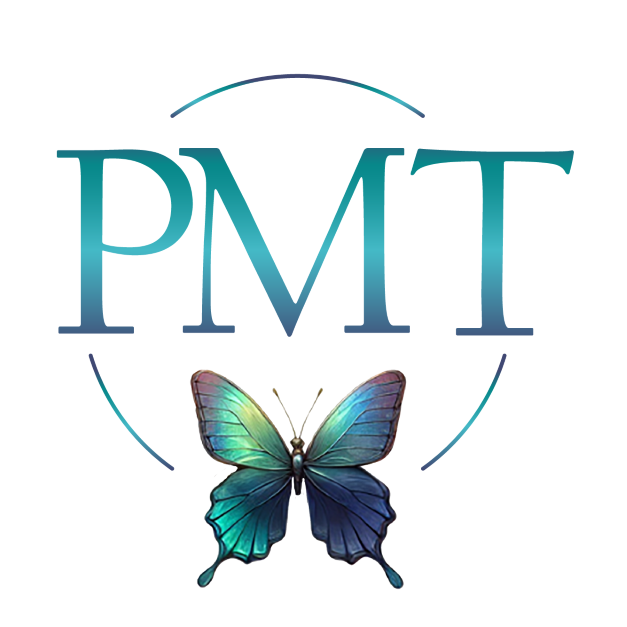
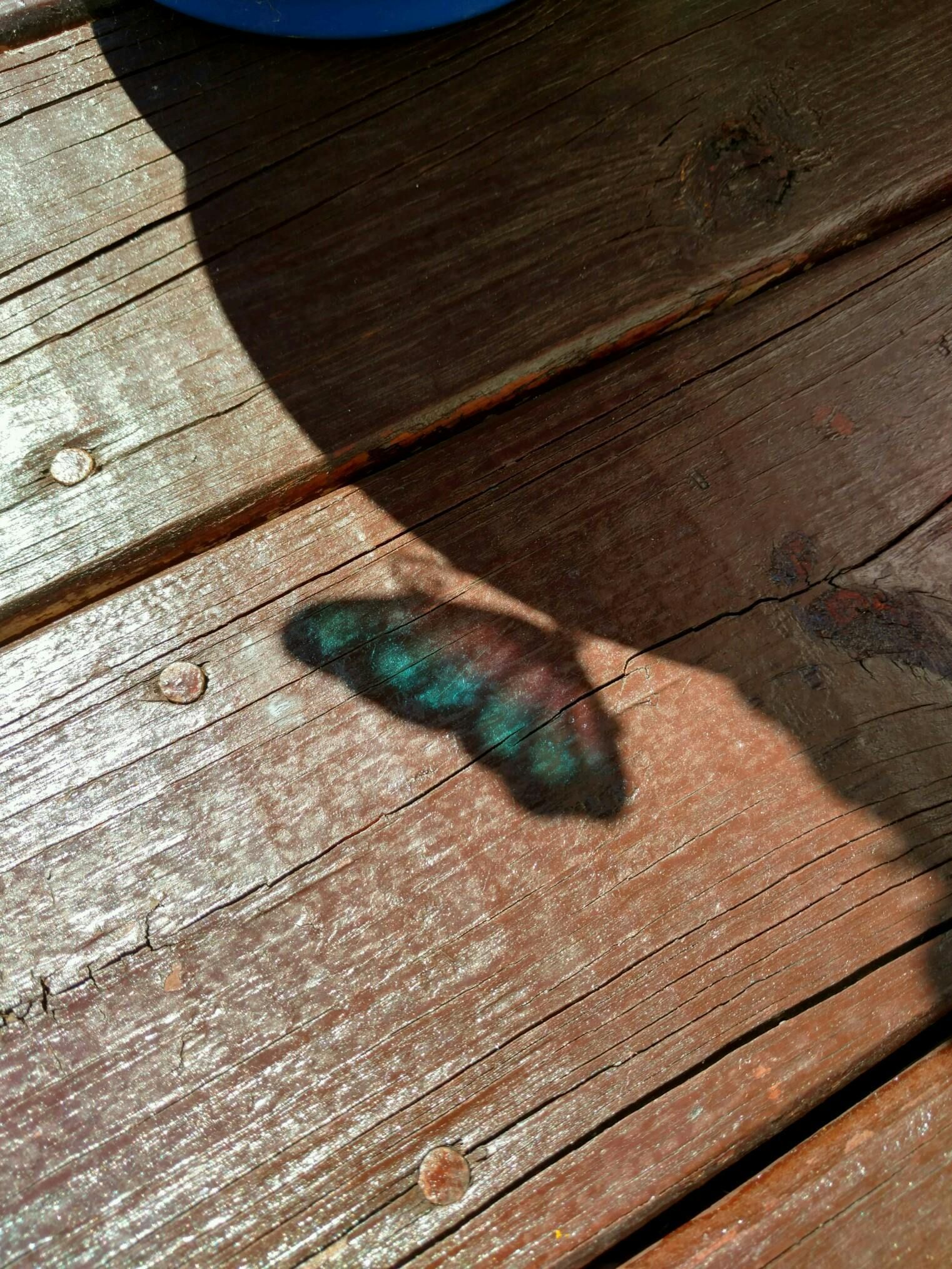
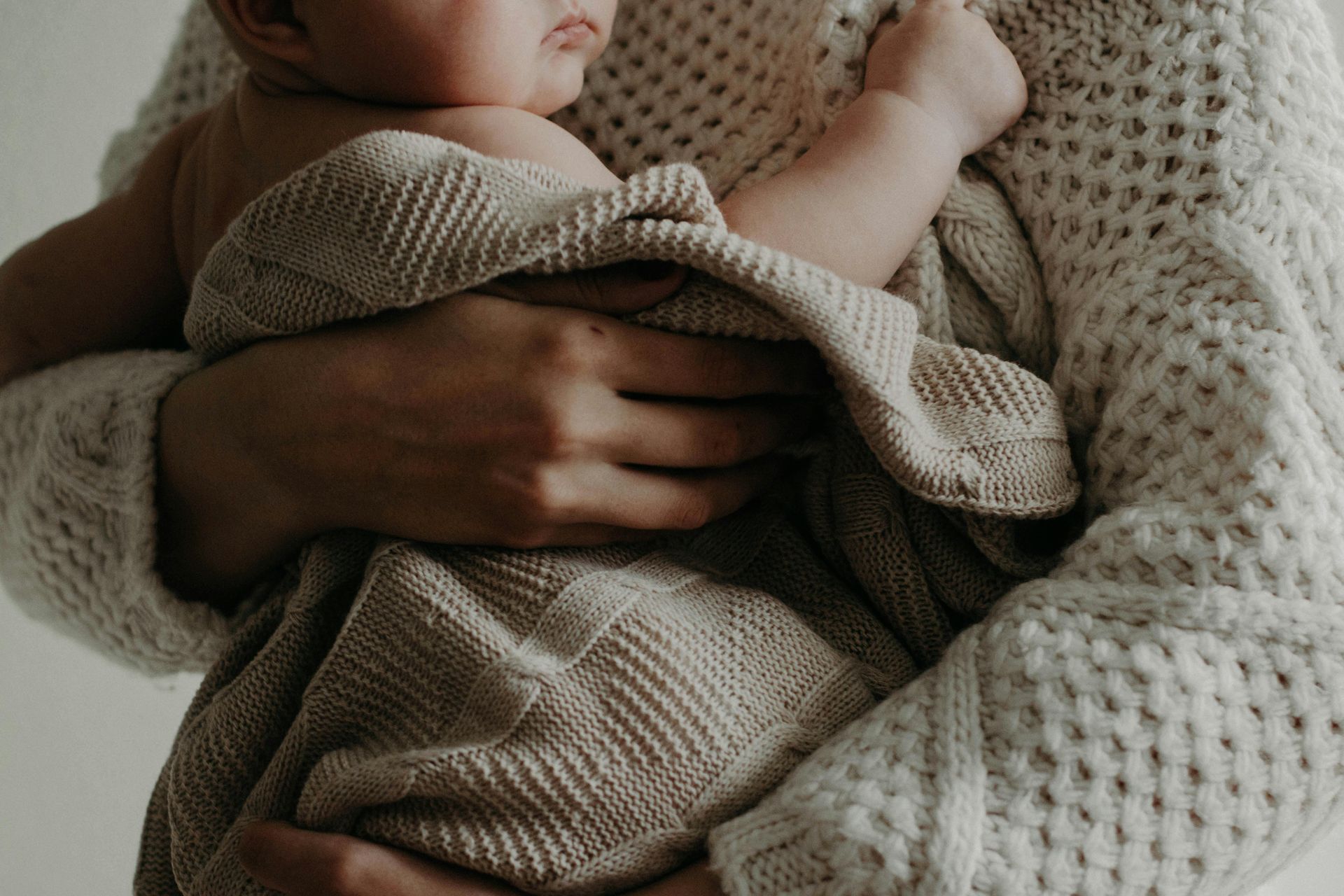
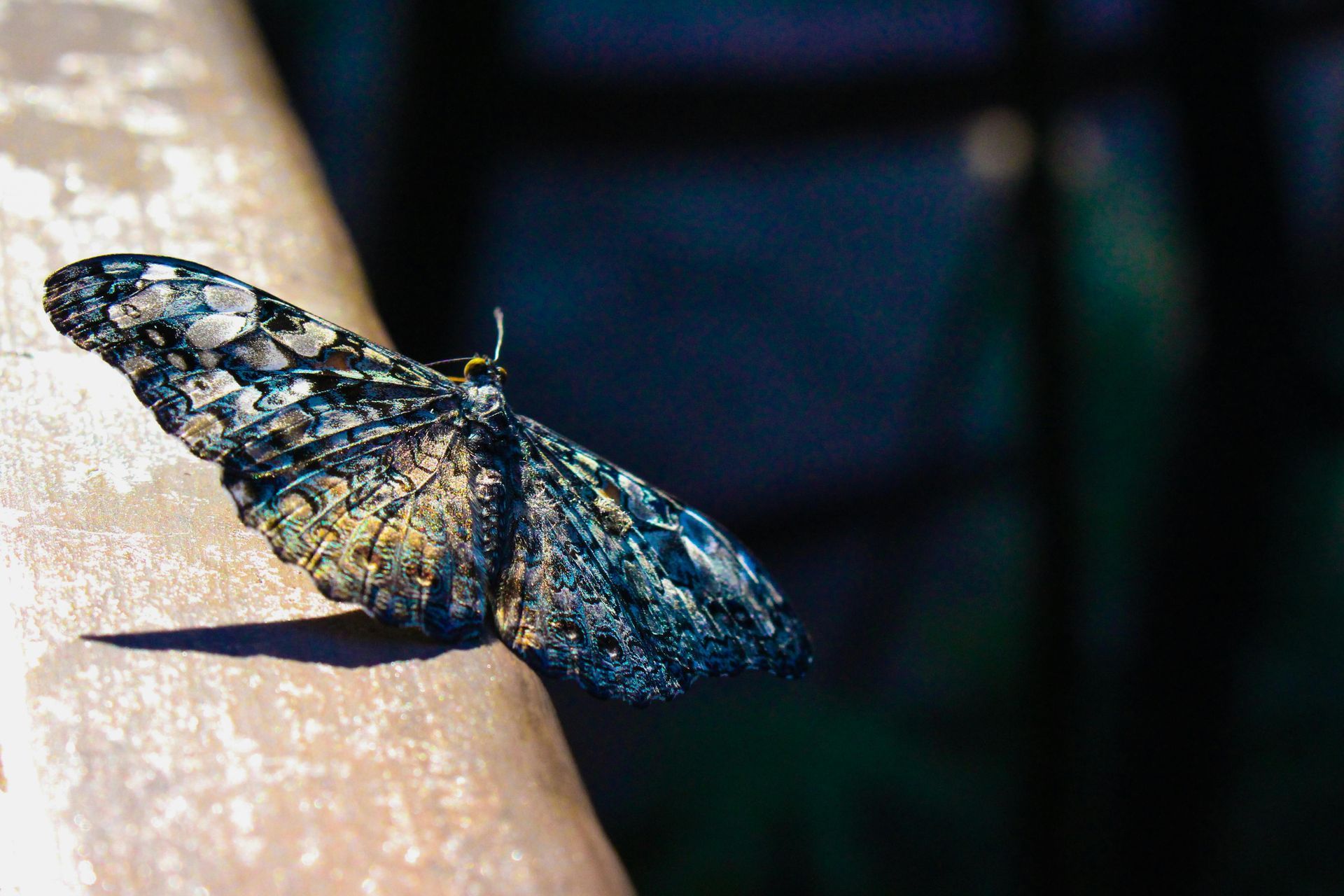
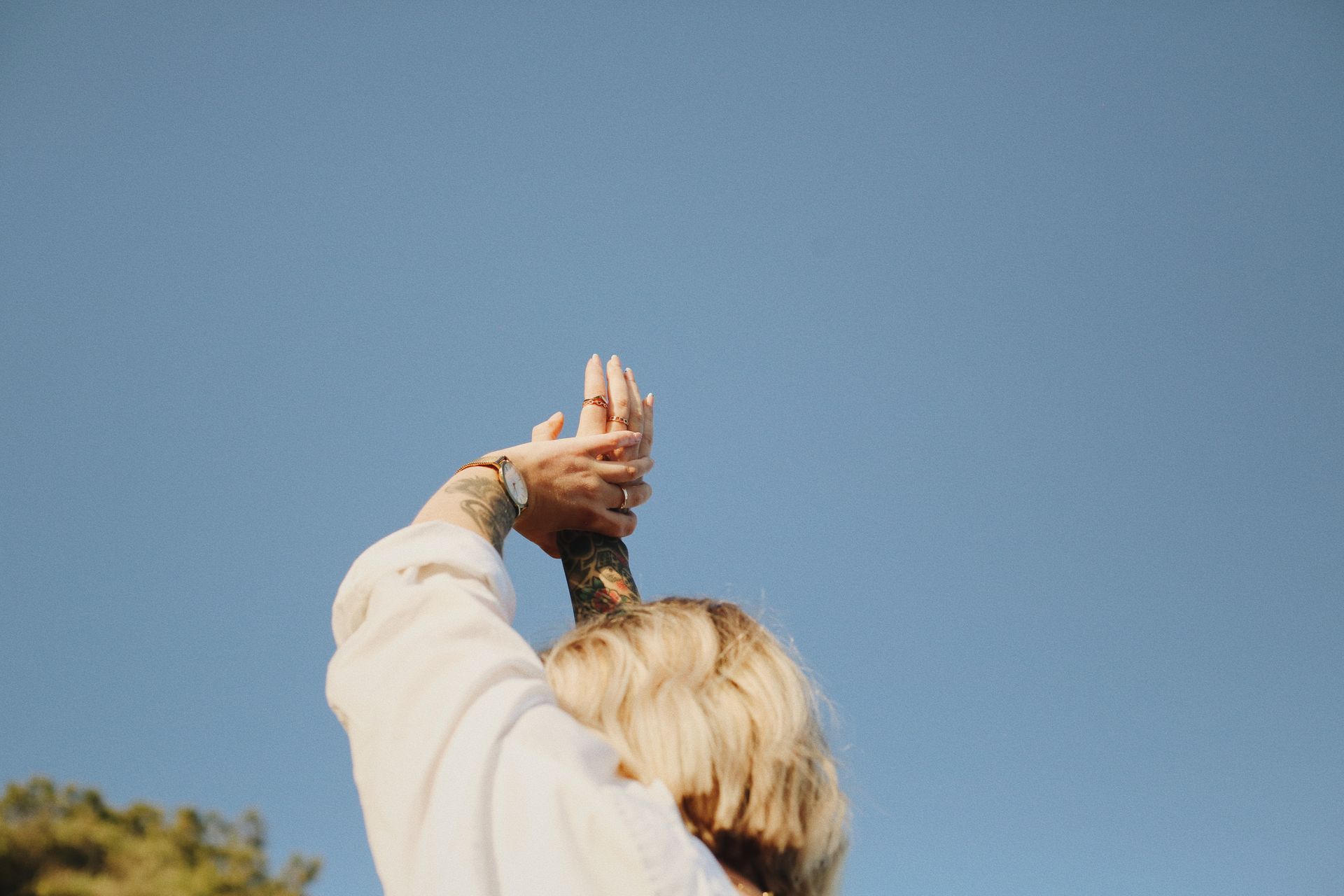


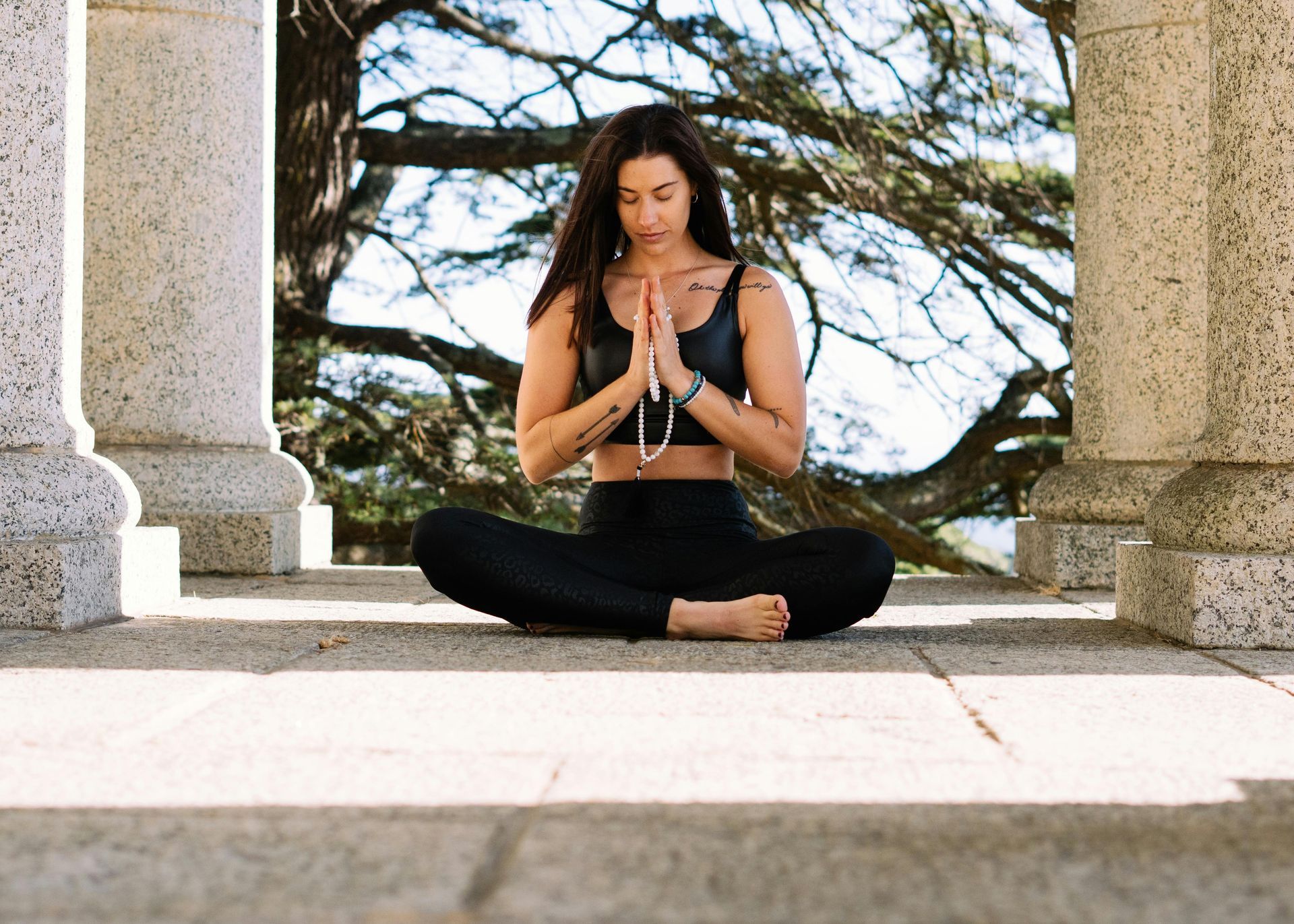
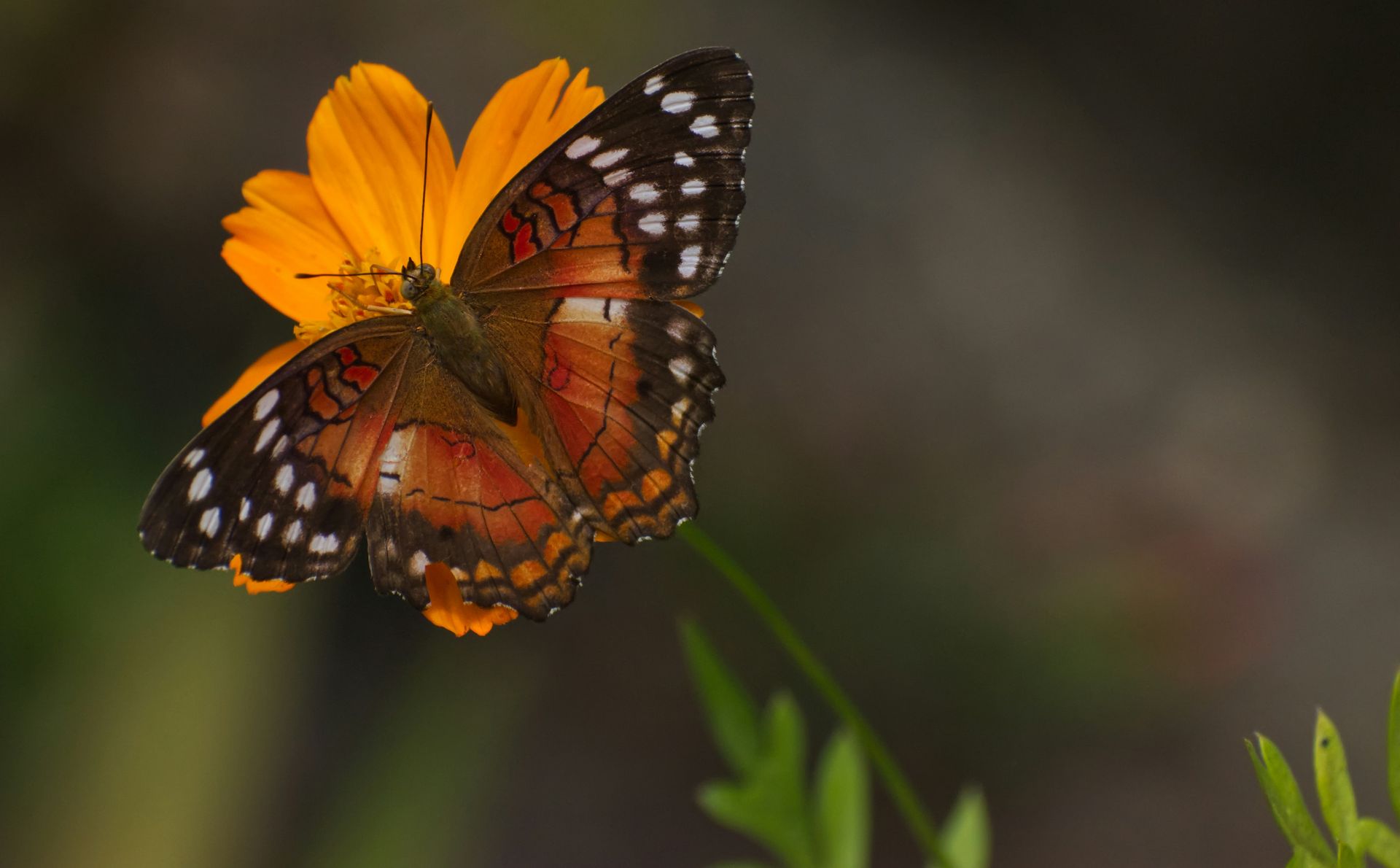
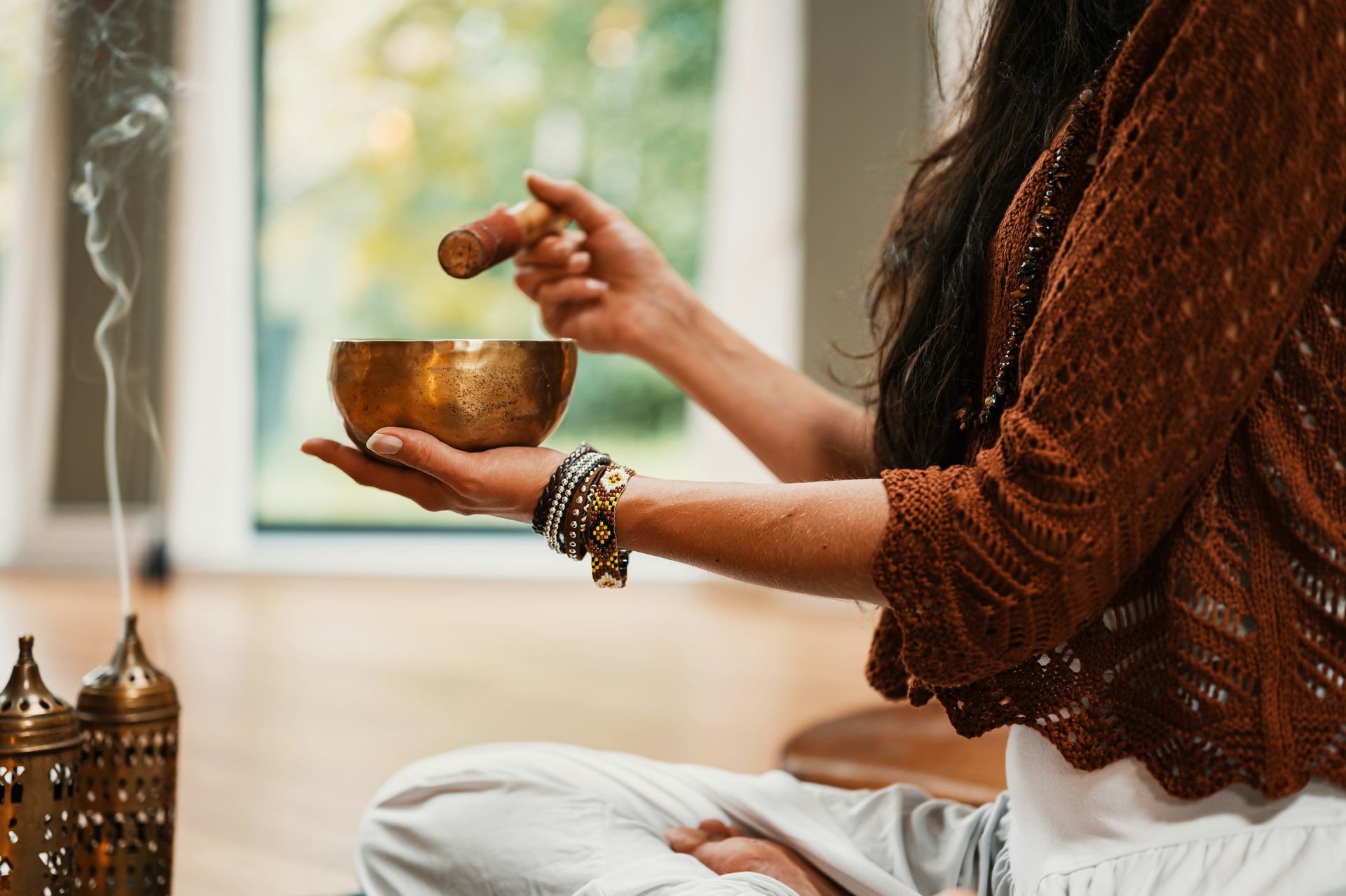
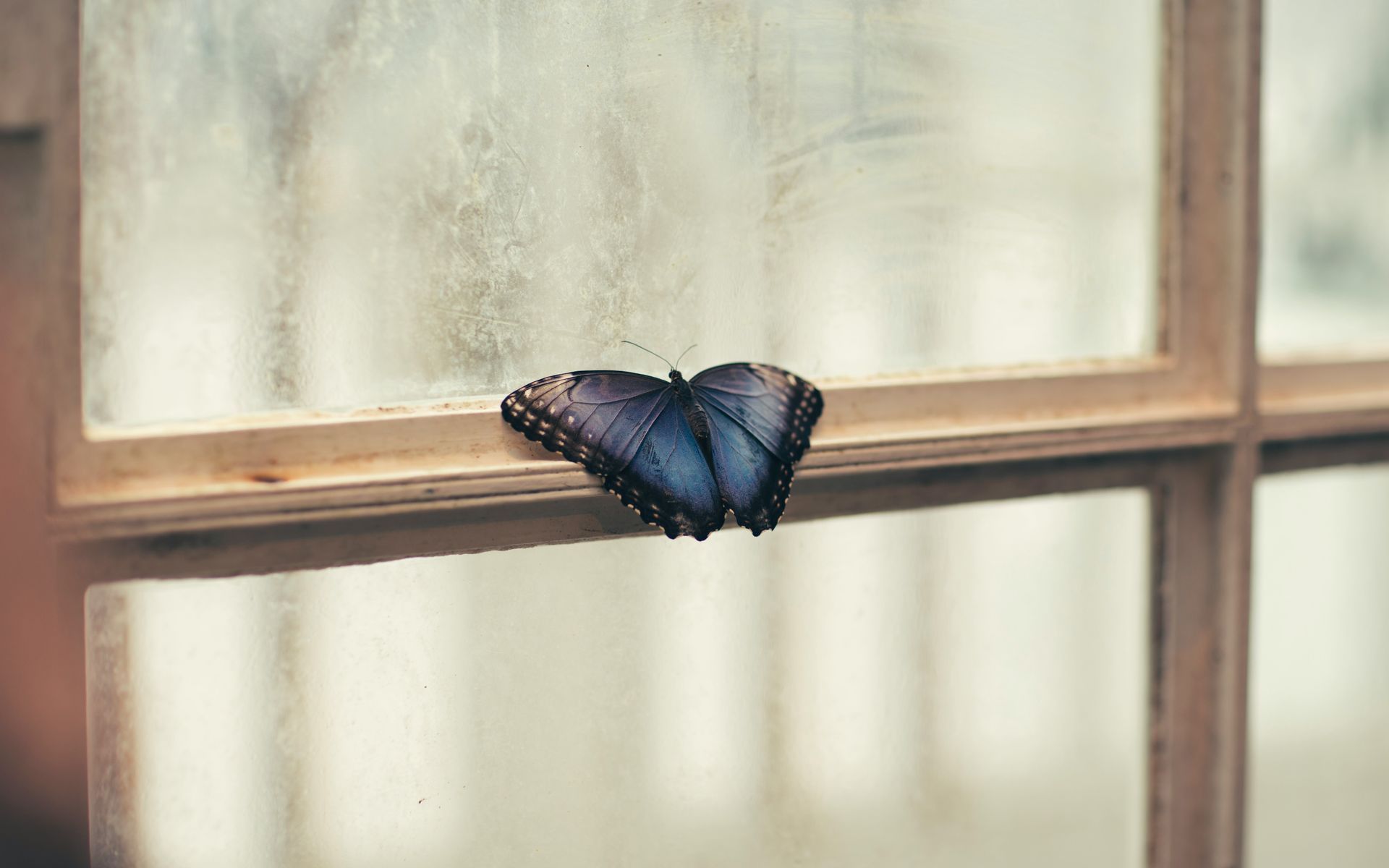
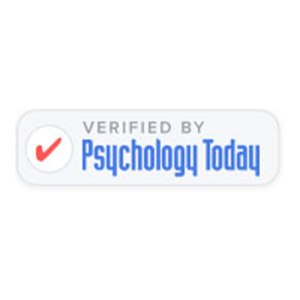
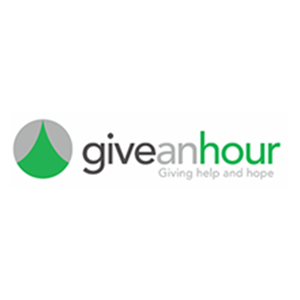
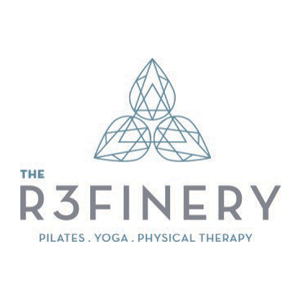
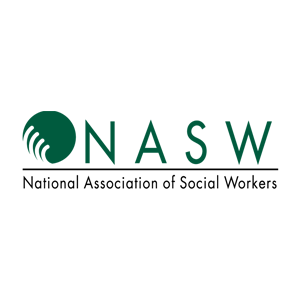
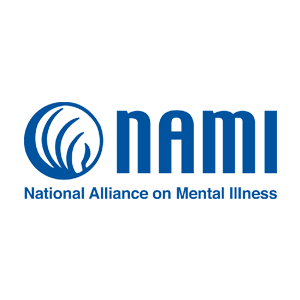


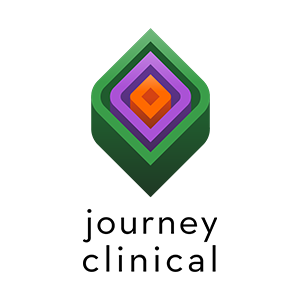
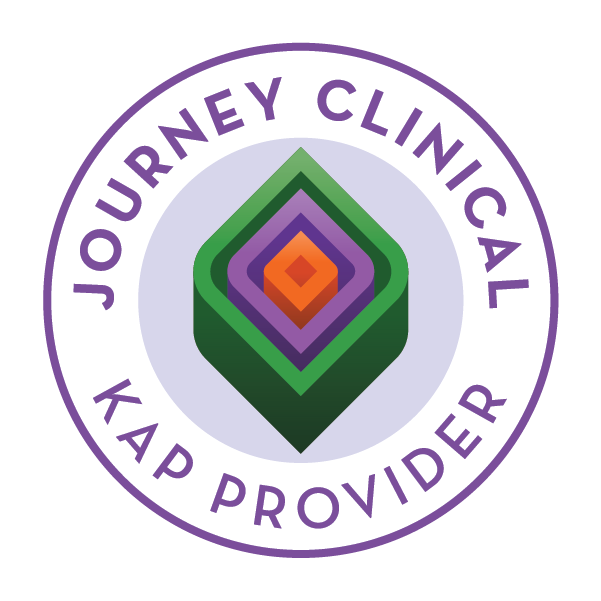
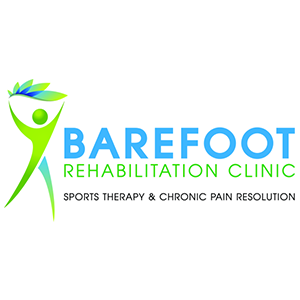
Share On: